
The following funding opportunities have been announced. Please follow the links for more information:
Medical Research Council, GB
Neurodegenerative disease research (JPND)
Spanning biomedical, healthcare and social science research, JPND aims to increase coordinated investment between participating countries in research aimed at finding causes, developing cures, and identifying appropriate ways to care for those with neurodegenerative diseases. MRC is leading on JPND activity for the UK and has EU funding of £2 million to support such research activity in the UK.
Award amount max: Unspecified Closing date: 10/03/2015
Academy of Medical Sciences, GB
Starter Grants for Clinical Lecturers offer funding of up to £30,000 to cover the cost of research consumables. The grants allow research-active Clinical Lecturers to gather data to strengthen their bids for longer-term fellowships and funding.
Award amount max: £30,000 Closing date: 16/03/2015
Biotechnology and Biological Sciences Research Council, GB
The BBSRC’s new pathfinder schemeenables potential follow-on funding applicants to secure small amounts of funding to carry out preliminary commercial activities.These activities will help to:
- Develop a clearer understanding of the commercial potential of the outputs of a research grant
- Assist with the development of a full follow-on funding application
Award amount max: £10,000 Closing date: No deadline |
Wellcome Trust, GB
Seed awards in Society & Ethics, Medical Humanities
Seed Awards in Society & Ethics and Medical Humanities provide flexible, responsive funding, enabling researchers to develop a novel idea to a position where they could be competitive for a larger award from the Wellcome Trust or another funder.
The exploratory nature of Seed Awards gives scope for the use of bold or innovative methodologies, and a broad range of possible activities: from pilot and scoping studies to planning sessions and meetings of collaborative networks. The Trust encourages applicants who wish to use the grant to develop new approaches and collaborations.
Seed Awards support research in any field society and ethics that can enrich understanding of health, medicine and disease.
Award amount max: £50,000 Closing date: 27/02/2015
Translation Fund
The aim of Translation Awards is to develop innovative and ground breaking new technologies in the biomedical area.
Projects must have already demonstrated proof of principle, supported by experimental data. Applications should bridge the funding gap in commercialisation of new technologies in the biomedical area and must plan to take the product, technology or intervention to a stage at which it is sufficiently developed to be attractive to another party.
Award amount max: Unspecified Closing date 15/04/15
Economic & Social Research Council – ESRC, GB
The ESRC is pleased to announce the call for the third round of the ESRC Transformative Research Call. The aim of this call is to provide a stimulus for genuinely transformative research ideas at the frontiers of the social sciences, enabling research which challenges current thinking to be supported and developed.
The Council regards transformative research as that which involves, for example, pioneering theoretical and methodological innovation. The expectation is that the transformative research call will encourage novel developments of social science enquiry, and support research activity that entails an element of risk.
Award amount max: £250,000 Closing date 19/02/15
Engineering & Physical Sciences Research Council – EPSRC, GB
The EPSRC’s Information and technologies (ICT) team would like to encourage researchers to pursue an immersive experience in other disciplines and user environments.
Discipline Hopping Awards will provide short-term support to allow researchers from core ICT fields with other disciplines and/or user fields. The aim of this is to foster new interactions, bringing a multidisciplinary and user-driven focus to research. Alternatively, non ICT specialists can apply for funds to bring a technological perspective to their home discipline.
Award amount: Unspecified Closing date: no deadline
Please note that some funders specify a time for submission as well as a date. Please confirm this with your RKEO Funding Development Officer
You can set up your own personalised alerts on Research Professional. If you need help setting these up, just ask your School’s/Faculty’s Funding Development Officer in RKEO or view the recent blog post here.
If thinking of applying, why not add notification of your interest on Research Professional’s record of the bid so that BU colleagues can see your intention to bid and contact you to collaborate.
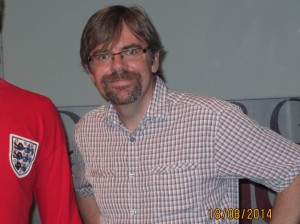



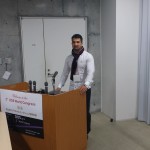
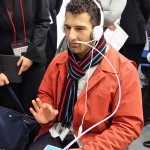




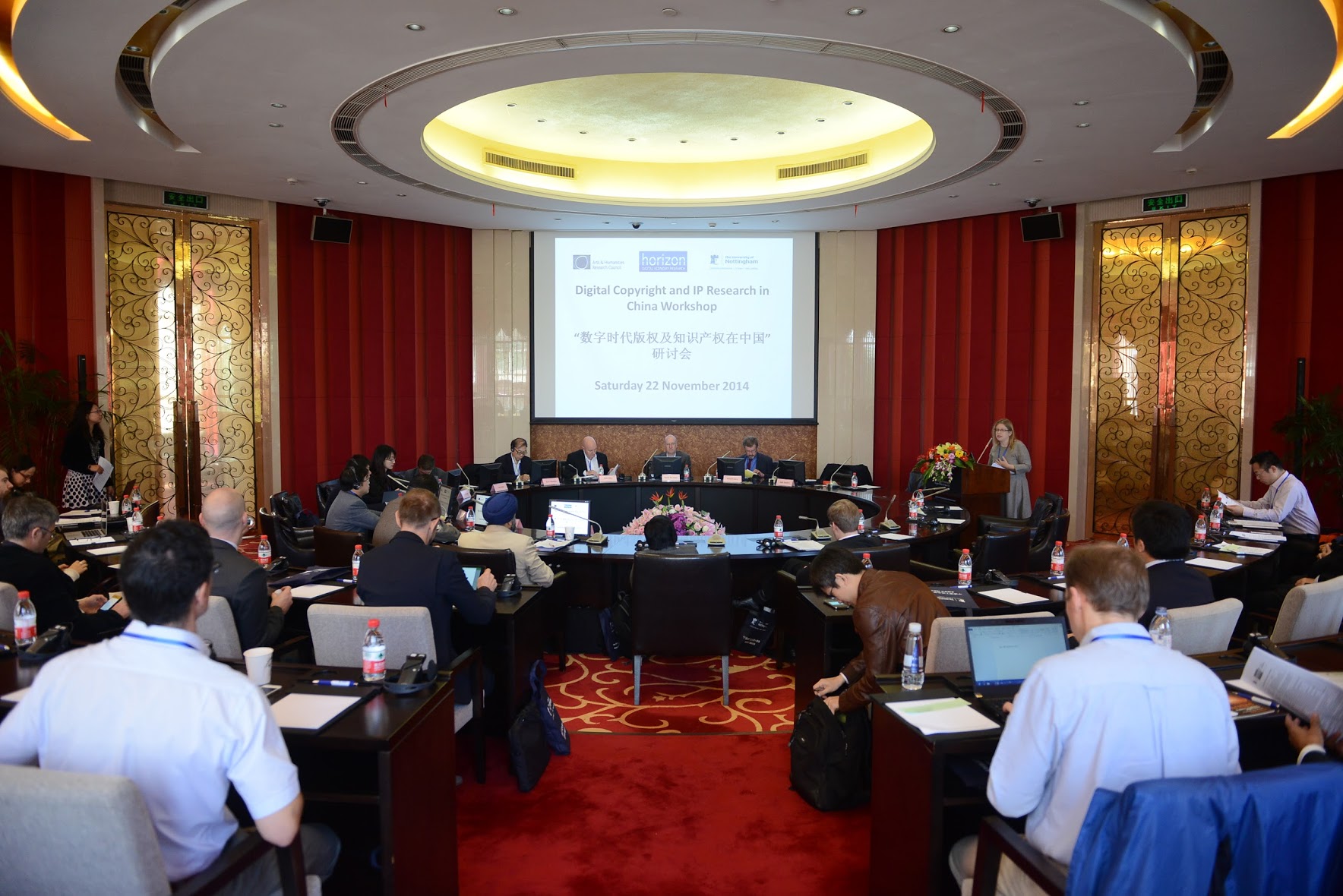






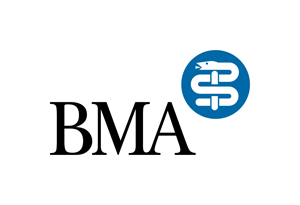











 Paper accepted on women and disability in Nepal
Paper accepted on women and disability in Nepal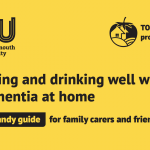 Book now – The supporting eating and drinking well with dementia at home event
Book now – The supporting eating and drinking well with dementia at home event BU ECRN seed fund success for Dr Sarah Hambidge
BU ECRN seed fund success for Dr Sarah Hambidge MSCA Postdoctoral Fellowships 2025 Call
MSCA Postdoctoral Fellowships 2025 Call ERC Advanced Grant 2025 Webinar
ERC Advanced Grant 2025 Webinar Horizon Europe Work Programme 2025 Published
Horizon Europe Work Programme 2025 Published Horizon Europe 2025 Work Programme pre-Published
Horizon Europe 2025 Work Programme pre-Published Update on UKRO services
Update on UKRO services European research project exploring use of ‘virtual twins’ to better manage metabolic associated fatty liver disease
European research project exploring use of ‘virtual twins’ to better manage metabolic associated fatty liver disease